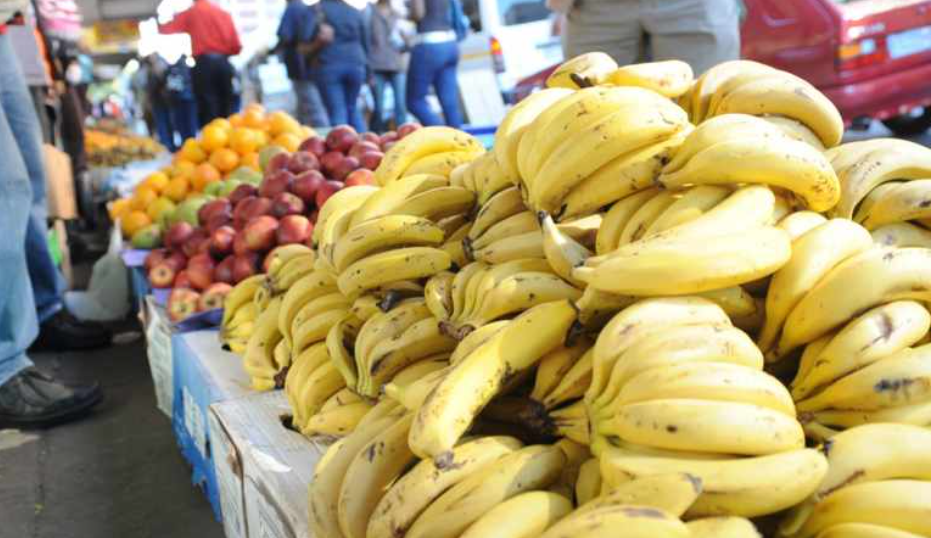Street trading in Tshwane
Investigating the challenges and realities

01 January 2010
Urban Landmark
English
Research report
Africa
Urban Landmark research projects have explored the challenges faced by street traders operating in the City of Tshwane.
A report and presentation by French anthropologist Elsa Burzynski investigated the role of street trading in the lives of migrants. In this report, the focus of the research was on street trading in and around the inner city of Pretoria. Initially, the research investigated the implications of the 2010 Soccer World Cup for street trading, and then moved on to researching the connections between formal retailers and informal retailers. It looked at whether and how traders compete, how they share customers, and whether they target different consuming practices.
Another article by Ms Burzynski explores the measures used to control street trading in the City of Tshwane ahead of and during the 2010 Soccer World Cup. According to this article, it appears that the activity of street trading was commonly associated with much that is negative: crime, drug trafficking, pollution and non-compliance with the most basic hygiene rules. Street traders were seen as being 'behind' many illegal activities, and street trading was considered an issue to tackle, hide, or eradicate.
In other research, a paper by Marry Masonganye argued that informal trading posed both an opportunity and a challenge to good spatial planning and management of South African cities. South Africa’s informal sector was growing in line with the rate of unemployment, as people sought ways to sustain themselves. People resorted to this sector because the barriers to entry and the technical expertise needed to run an informal business were minimal. It was a sector of concern to the government while scholars acknowledged the existence of the informal traders, and were advocating to integrate them with the formal business activities. This document reported the findings of the research study on informal street traders in the City of Tshwane in the neighbourhoods of Hatfield, Sunnyside and Arcadia. These areas are in close proximity to each other, with fairly high population densities.
Abstract based directly on source.


Comments